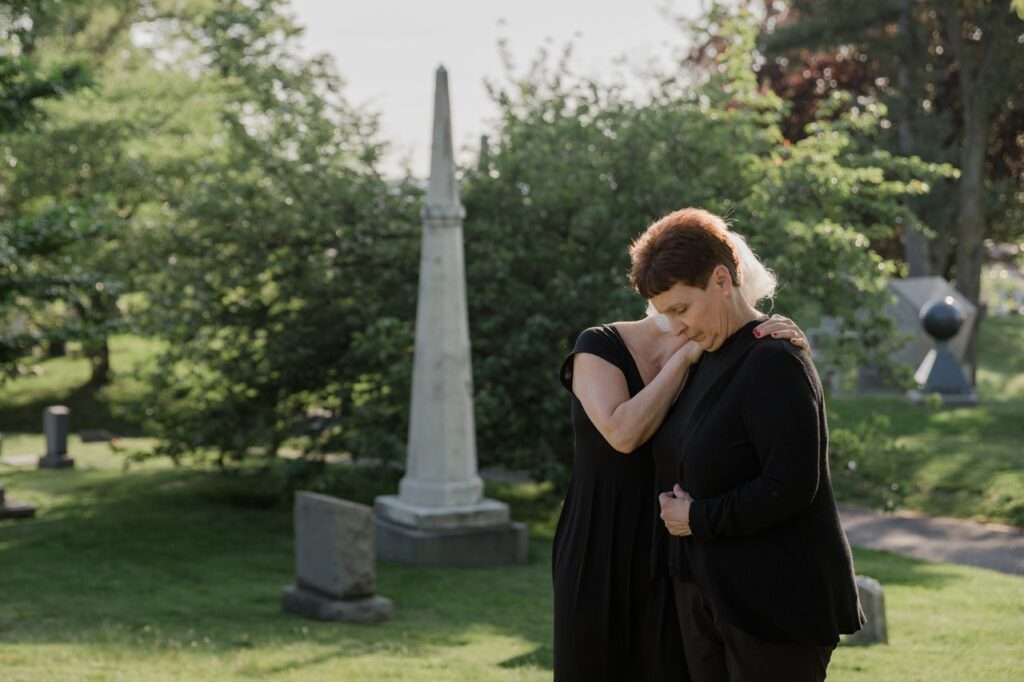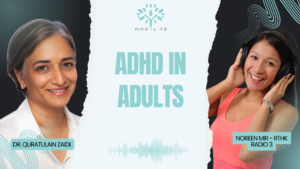Grief during the Holidays
Holiday festivities are the times we usually gather with our loved ones to celebrate and create memories. This can make grief and bereavement feel more tangible, intense, and harder to navigate. The ongoing Covid-19 health measures may augment our distress by interrupting our familiar ways of grieving.
How can we cope with grief during the upcoming festivities?
Realising
Covid-19 travel restrictions mean that many people who are spread across the globe are unable to travel home to attend funerals and say their last goodbyes. Some of these bereavement rituals are key for helping us to understand the reality of their death. Not being able to engage in these rituals can lead to suspended grief, whereby a bereaved person feels some of the loss but struggles to engage in the grieving process fully.
The holiday season can help recognise the reality of death as it highlights the absence of a person. It can provide time in person or online with friends and family to reflect on the loss together and engage in activities that help to solidify that the person is gone. This can include visiting places we associate with our loved ones, making the absence feel more real. Accepting the reality of the loss is an essential step in healing.
Allowing
Some people feel that the festive season needs to be merry and that they should not spoil the mood by expressing grief. Others may find themselves excited about the holidays and feel guilty for not feeling the pain of the loss more intensely. It is essential to allow ourselves to engage with our feelings as they arise. We shall accept rather than judge or deny them. Feeling pain and anger can be as much part of our healing process as feeling joy or peace.
Journaling can be a good way to organise and make sense of our thoughts and feelings when there is a chance for becoming overwhelmed. Likewise, art, including painting, music, and dance, can be a rewarding way to express emotions that we find difficult to give labels to.
Connecting
Grief can be isolating whether you are physically alone for the holidays or whether you feel alone despite being surrounded by people. This is particularly the case if we have been separated from loved ones due to Covid-19 restrictions. We may find that they are at different stages of grief than we are. It is important to recognise when we feel isolated. Take the steps to connect with people, in a safe setting, in-person or online. This can strengthen our connection by sharing our vulnerability and holding the space for our friends and family to share theirs.
It is equally important to connect with our deceased loved ones. This can include remembering them together with mutual friends and family, visiting places of shared experiences, engaging in rituals that symbolise their importance, or writing a message to them. The key here is bringing a part of the deceased into the festivities in a way that honours what they meant to you.
Planning
Intense waves of grief can make us feel like we are drowning and make it challenging to do anything except for staying afloat. This is why planning for our festive period is essential. It is crucial to put strategies in place to help support us through our grief. We need to communicate some of what we may be feeling with our friends and family in advance. This allows us to help them understand us better but also helps us to understand what their needs may be. This allows us friends and families to navigate the bereavement process together. Planning makes it easier to schedule time during the busy holiday season both online and in-person to celebrate and remember our deceased loved one in a meaningful way. This can soothe the pain of their absence and help us to maintain a connection with them in our lives.
Contact
If you are struggling with grief and bereavement this holiday season and wish to speak to a psychologist specialising in grief, please get in touch and book your appointment with Dr. Esslin Terrighena here.







